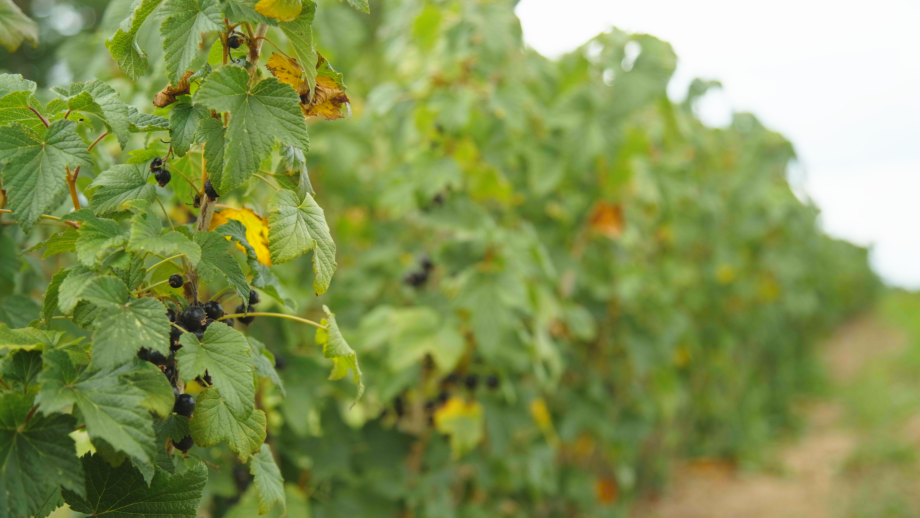Suntory Beverage & Food Great Britain and Ireland (SBF GB&I) has announced an investment of £920,000 over the next five years to continue its blackcurrant breeding programme with the James Hutton Institute.
This investment will accelerate work to develop new varieties of berries that produce consistent yields in the face of climate challenges. They will be bred to withstand extreme weather, pests and diseases while preserving the signature taste of Ribena.
By developing blackcurrant varieties that can deliver consistent yields despite environmental stress, including limited winter chilling, heat, and drought, researchers aim to support more reliable flowering and fruit set even under unpredictable weather conditions. New field-based and laboratory tools will deliver earlier and more accurate yield forecasts, giving growers the confidence to plan around unpredictable or extreme weather events.
Harriet Prosser, agronomist at SBF GB&I, said: “This season’s weather extremes have shown that investment in fruit varietal breeding is vital to protect the future of both the blackcurrant crop and the growers who depend on it. We look forward to working with the James Hutton Institute to make sure Ribena remains a beloved British favourite for generations to come.”
The programme will also focus on resistance to pests and diseases, particularly those that significantly impact blackcurrant yields. As plant protection products continue to be withdrawn in the UK, growers are becoming more reliant on varieties with strong natural resistance. To address this, the breeding programme will prioritise cultivars that can withstand major field pests and diseases, reducing the need for chemical control.
Using molecular markers developed at the Institute, resistant plants to these threats can now be identified early in the breeding process. This method is already in use, with resistant plants currently being trialled to support more sustainable blackcurrant production.
Finally, every potential berry type will undergo flavour and nutritional testing. This will help to ensure that the taste of Ribena is retained, while health benefits are potentially increased.


